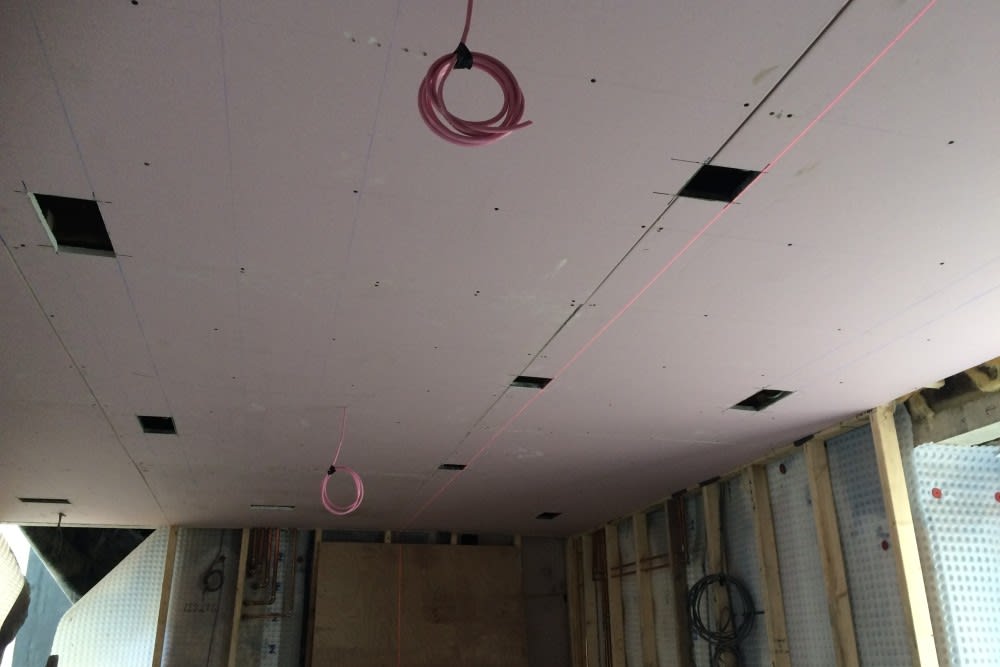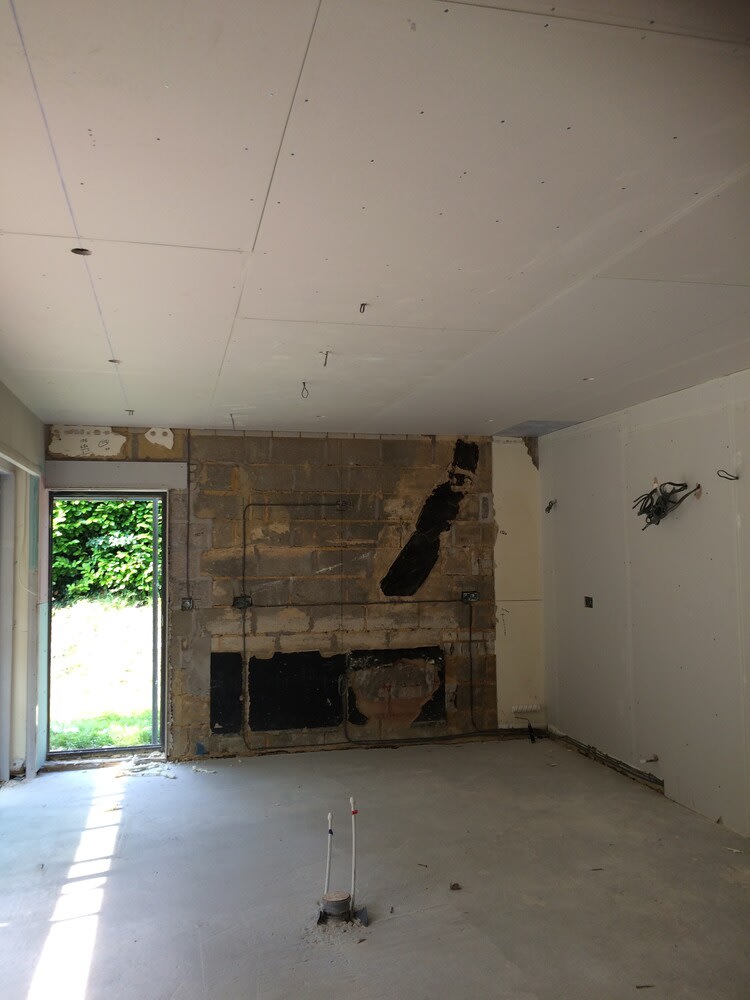
posted 20th January 2025

How Much Does a House Rewire Cost?
A Complete Guide to Pricing and Factors
Are you planning to rewire your house but wondering how much it will cost? Look no further! In this ultimate guide, we’ll break down everything you need to know about the cost of a house rewire, helping you budget effectively and avoid surprises.
The cost of rewiring a house in the UK can vary significantly depending on factors such as the size of the property, the complexity of the work, and the materials used. Whether it’s a minor update or a complete rewiring project, understanding these factors is crucial for homeowners looking to modernise their homes or ensure electrical safety.
By diving into the key cost drivers—such as location, property type, and labour—you’ll gain the knowledge needed to make informed decisions. Whether you’re upgrading for safety reasons, preparing for new appliances, or simply future-proofing your home, this guide will equip you with actionable insights.
Ready to find out how much a house rewire costs? Let’s explore the details so you can plan with confidence!
How Much Does a Rewire Cost for a House? A Complete Guide
Rewiring your house is a crucial aspect of home maintenance, ensuring both safety and functionality. But how much does a rewire cost for a house? The answer depends on several factors, including the size of your property, the complexity of the project, and any additional upgrades you might choose.
In this guide, we’ll explore the factors influencing house rewiring costs, typical price ranges in the UK, and why rewiring is an essential investment for your home. Whether you’re modernising an old property, upgrading for safety, or preparing your house for sale, this guide will help you plan your project with confidence.
Why Is House Rewiring Important?
Rewiring a house is about more than just replacing old wires—it’s about safeguarding your home and preparing it for modern living. Here’s why rewiring is essential:
- Safety First: Old or degraded wiring can lead to serious hazards, including electrical fires, short circuits, and electrocution.
- Supporting Modern Appliances: Outdated systems may struggle to handle the demands of modern appliances and smart home technology.
- Adding Property Value: Homes with updated wiring are more attractive to buyers and often fetch higher prices in the market.
- Long-Term Savings: Modern wiring is more energy-efficient and less likely to require costly repairs.
How Much Does a Rewire Cost for a House in the UK?
The cost of rewiring a house in the UK typically ranges between £2,500 and £8,000, depending on several key factors:
Average Costs by Property Size
Property Size Estimated Cost
1-bedroom flat £1,500 – £2,000
2-bedroom house £2,000 – £2,500
3-bedroom house £3,000 – £3,500
4-bedroom house £3,500 – £4,000
Note: These figures are estimates and may vary based on location, materials, and the complexity of the project.
Factors Influencing House Rewiring Costs
Several factors determine the final cost of a house rewire. Here’s what you need to consider:
1. Size of the Property
Larger homes require more wiring, labour, and time, increasing overall costs.
2. Complexity of the Project
Older homes with complex layouts or multiple floors may require additional work to access and install wiring.
3. Condition of the Existing Wiring
If your current wiring is severely outdated or damaged, electricians may need to replace circuits, panels, or outlets, adding to the expense.
4. Accessibility
Wiring that is easy to access in open walls or attics is less labour-intensive compared to wiring hidden behind finished walls or difficult-to-reach areas.
5. Additional Upgrades
Adding outlets, energy-efficient lighting, or smart home systems will increase costs but improve the functionality and value of your home.
6. Location
Labour rates can vary significantly between urban and rural areas. In cities like London, costs may be higher due to demand.
What’s Included in the Cost of a House Rewire?
A house rewire typically includes:
- Replacement of all old wiring.
- New sockets, switches, and outlets.
- Updated consumer unit (fuse box).
- Compliance with the latest IET Wiring Regulations (BS 7671).
- Electrical testing and certification to ensure safety.
Before starting the project, it’s crucial to discuss these details with your electrician to understand what’s covered in the quote.
Benefits of House Rewiring
Rewiring your home is a significant investment, but it comes with a host of benefits:
- Enhanced Safety: Protect your home from electrical hazards.
- Modern Functionality: Accommodate new technologies and appliances.
- Increased Energy Efficiency: Reduce your energy bills with modern wiring and LED lighting.
- Future-Proofing: Prepare your home for years to come with a safe, compliant electrical system.
How to Save Money on House Rewiring
While rewiring is a necessary investment, there are ways to manage costs:
1. Plan Ahead: Combine rewiring with other renovations to save on labour costs.
2. Get Multiple Quotes: Request quotes from at least three licensed electricians to find competitive pricing.
3. Opt for a Partial Rewire: If your wiring is partly modern, you may only need a partial rewire.
FAQs About House Rewiring
1. How long does a house rewire take?
Most rewiring projects take 5–10 days, depending on the size and complexity of the property.
2. Do I need to move out during a rewire?
It’s recommended for larger projects, as rewiring can be disruptive and may involve cutting into walls or ceilings.
3. Is rewiring a house worth it?
Absolutely! It enhances safety, supports modern appliances, and increases your home’s value, making it a worthwhile investment.
Hire a Professional for Your House Rewire
Rewiring a house is not a DIY job. Choosing a qualified, licensed electrician ensures the work is done safely and to the highest standards. When hiring an electrician, look for:
- NICEIC or NAPIT certification.
- Transparent, itemised quotes.
- Positive customer reviews and recommendations.
Conclusion: How Much Does a Rewire Cost for a House?
Rewiring a house is an investment in safety, functionality, and property value. While costs vary based on factors like size, complexity, and location, the long-term benefits far outweigh the expenses. By hiring a qualified electrician and planning effectively, you can ensure a smooth, successful project that meets your needs.
Ready to schedule your rewire?
Contact Chase Farm Electrical today for a reliable, professional service.
Call us or book online now.





